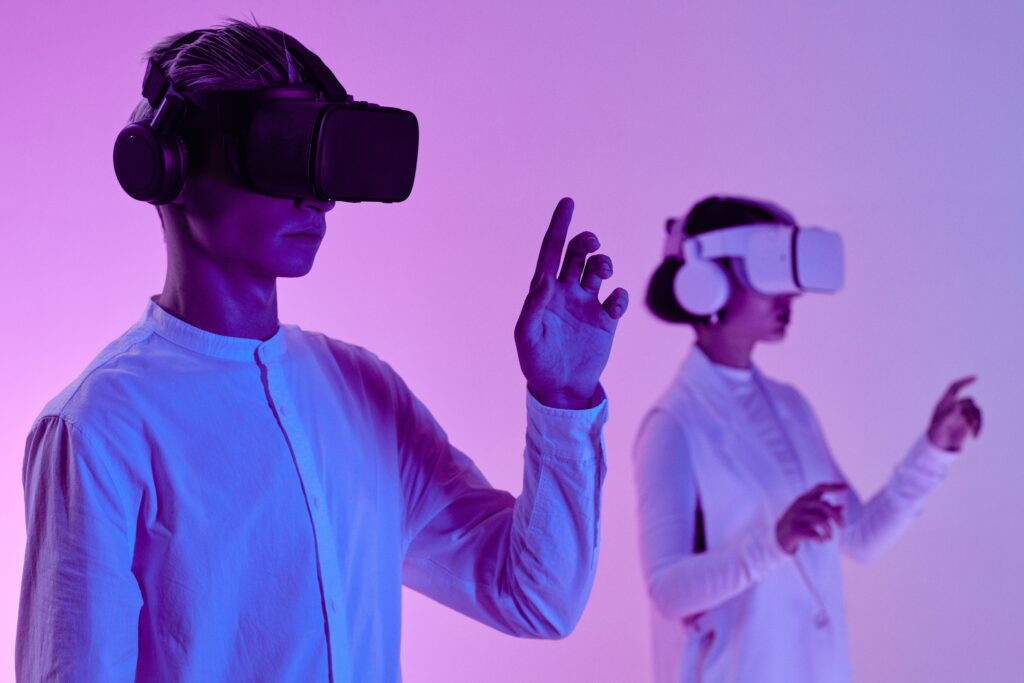As a busy physician, managing the demands of medical practice and daily life can be overwhelming. However, the use of artificial intelligence (AI) can make our lives more organized and efficient, allowing us to have more time for personal pursuits. In this article, we will discuss the benefits of AI in medicine and its impact on various aspects of our lives.
AI in Medicine

Artificial intelligence has revolutionized the medical field. With the use of AI, doctors can now accurately diagnose and plan treatment with improved precision. By analyzing large amounts of data, AI algorithms can identify patterns that may not be immediately apparent to human doctors. This can lead to earlier and more accurate diagnoses, personalized treatment plans, and improved patient outcomes. The use of AI in medical research has also led to faster identification of potential new treatments and innovations.
Advantages of AI Tools and Apps
Apart from medicine, AI tools and apps can also help us in various aspects of our lives, such as streamlining medical practice, improving patient communication, enhancing business operations, and personal time management.
AI-powered electronic health record (EHR) systems can help physicians manage patient information, schedule appointments, and track test results more efficiently, saving time and reducing the administrative burden of medical practice. AI-powered chatbots and virtual assistants can be used to answer patient queries, schedule appointments, and provide general health information, improving patient satisfaction and reducing the workload of medical staff.
AI-powered business tools such as automated billing systems, inventory management software, and predictive analytics can help physicians manage their practices more efficiently, reducing costs and increasing revenue. AI-powered personal assistant apps can help us manage our daily tasks, reminders, and appointments more efficiently, allowing us to have more time for personal pursuits.
Personal Experience and Recommendations
As a physician myself, I have been using several AI-powered tools and apps that have helped me manage my time and productivity immensely. In particular, I have found the following tools to be highly advantageous:
Calendly
This scheduling tool has been a game-changer for me. Rather than going back-and-forth with patients or colleagues trying to find a mutually convenient time to meet, Calendly allows me to share my availability and let them pick a time that works best for them. This has significantly reduced the amount of time I spend on scheduling, freeing up more time for patient care and other important tasks.
ChatGPT
As an AI-powered chatbot, ChatGPT has been an incredible resource for me. It allows me to quickly and easily access information on a wide range of medical topics, from diagnosis and treatment to the latest research and guidelines. With ChatGPT, I can get the answers I need in real-time, without having to spend hours searching through medical journals or consulting with other healthcare professionals.
Grammarly
As someone who writes a lot of medical reports and documentation, Grammarly has been a lifesaver. This online grammar and spelling checker not only catches typos and other errors but also offers suggestions for improving sentence structure, word choice, and overall clarity. With Grammarly, I can be confident that my writing is clear, concise, and error-free.
Toggl
Time management is crucial for physicians, and Toggl has been instrumental in helping me keep track of my time and stay on schedule. This time-tracking tool allows me to easily monitor how much time I spend on various tasks throughout the day, making it easier to identify areas where I can improve my efficiency and productivity.
Use of AI in Practice

For physicians who are just starting to explore the use of AI in their practice, trying out these tools and apps can help you streamline your workflow and reduce the administrative burden of running a medical practice, giving you more time for patient care and personal pursuits.
Challenges and Precautions
While the benefits of AI in medicine are significant, it is essential to remember that AI should not be used as a substitute for human expertise and intuition. Physicians must maintain their medical skills and knowledge while utilizing these tools. Furthermore, it is crucial to ensure that patient privacy is maintained while using AI algorithms, and these algorithms are not biased.
Conclusion
AI has revolutionized the medical field and our daily lives, providing numerous benefits such as improved accuracy, time-saving, and cost reduction. However, we must use AI wisely and not become overly dependent on it. As a physician, I believe that the use of AI has made my life easier and more organized, allowing me to focus on providing quality patient care while still having time for personal pursuits.
While there are still challenges and precautions to consider, the advantages are too significant to ignore. We must always incorporate the human touch in our practice, as it is an essential aspect of the healthcare industry that cannot be replaced by AI. By doing so, we can harness the power of AI to improve patient outcomes, advance medical research and innovation, and enhance our overall physical and mental well-being.
